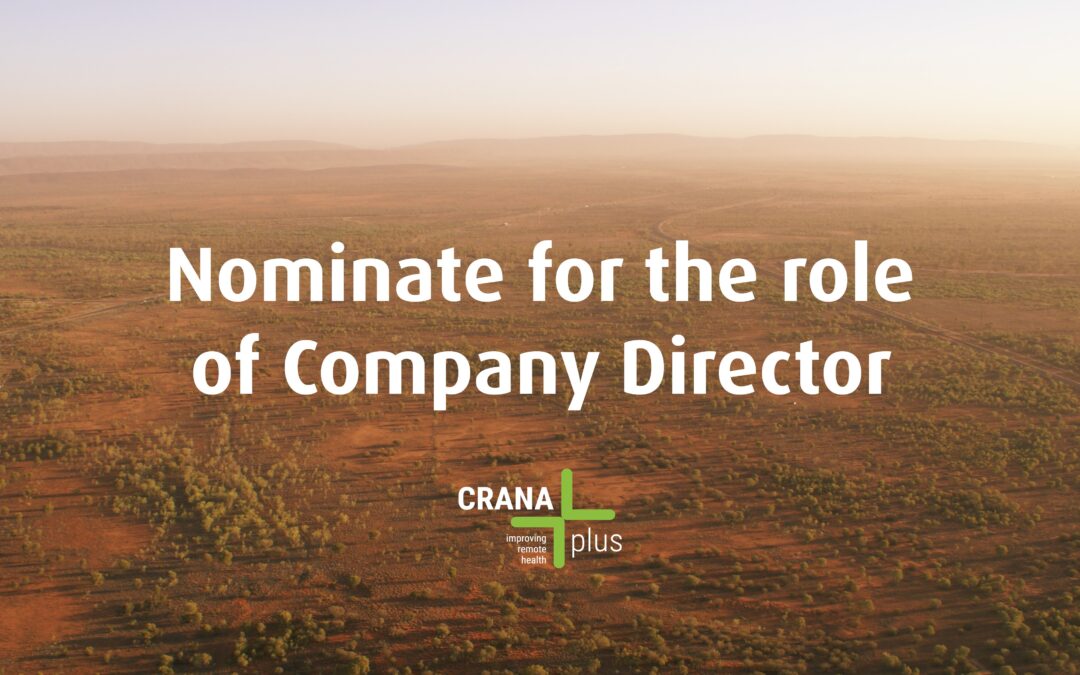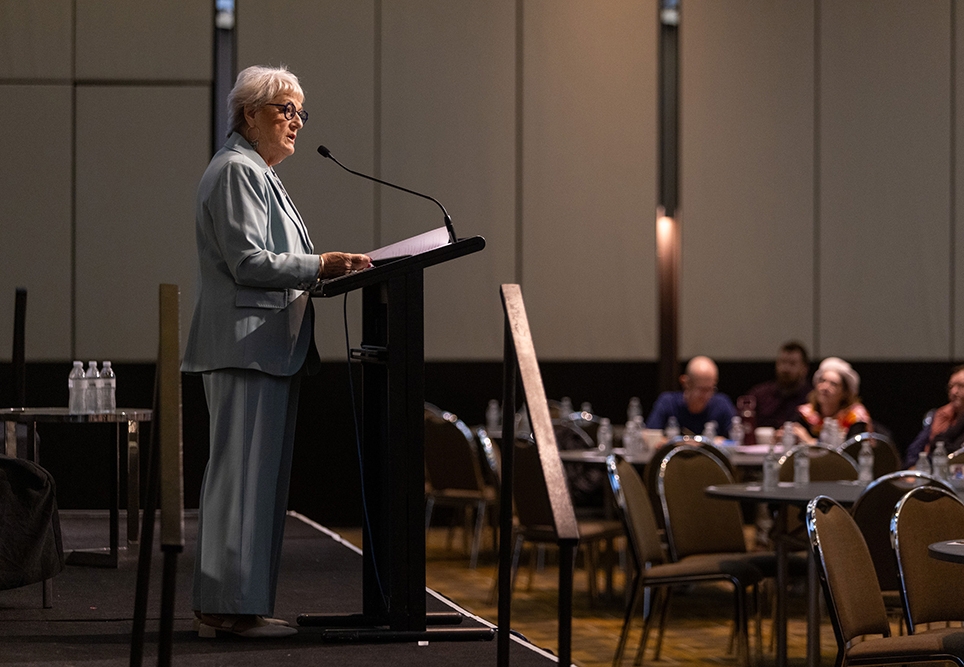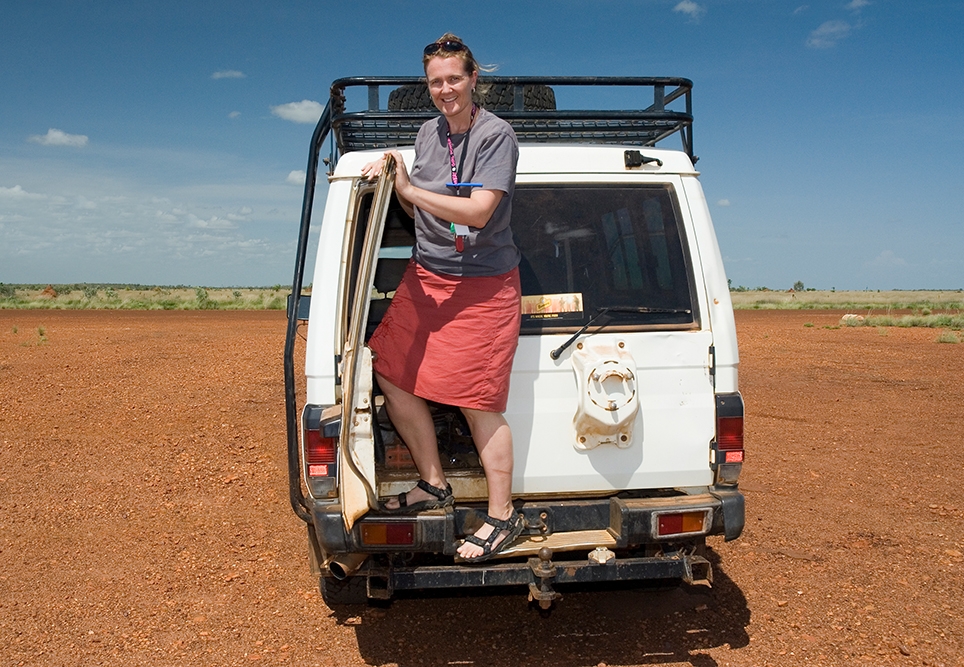March 23, 2021, marks five years since the tragic death of much-loved Remote Area Nurse (RAN) Gayle Woodford.
It is also the fifth anniversary of a scholarship set up in Mrs Woodford’s memory, which aims to improve the knowledge, skills, safety and security of Australia’s remote health workers.
Applications are now open for the sixth Gayle Woodford Memorial Scholarship, which covers all course fees for a Graduate Certificate in Remote Health Practice, offered through Flinders University.
The scholarship, jointly established by not-for-profit organisation CRANAplus, which provides education, support and professional services for the remote health workforce, and the Flinders University Centre for Remote Health, gives one recipient every year a strong understanding of the unique cultural, linguistic, social, economic and geographic conditions of working in remote environments.
“Gayle was a Remote Area Nurse who was incredibly well respected within the industry,” says CRANAplus CEO Katherine Isbister. “Her tragic death resonated with many RANs who had experienced issues with safety and security. It was a call to action that much more needed to be done around safety and security within the remote and isolated health workforce.”
In conjunction with launching the scholarship in memory of Mrs Woodford, who was murdered in a remote South Australian community, CRANAplus set in motion a wide-ranging safety and security study to identify issues related to the health and safety of remote health workers and prioritise solutions.
Funded by the Australian Government, the Remote Area Workforce Safety and Security Project brought together a high-level advisory group and resulted in the delivery of a suite of resources, including national safety guidelines for remote health and training materials.
“Being a health worker in remote and rural areas can be an incredibly rewarding career, with the opportunity to make a huge contribution to communities who are in desperate need of good health care,” Ms Isbister said.
“As with any job, though, there can be challenges. Working in remote areas can be hard to get used to, particularly the sense of isolation, but CRANAplus strives to ensure that anybody who chooses remote health work is as prepared as they can be. The scholarship was the perfect opportunity to contribute to these outcomes, and to celebrate the memory of Gayle, who contributed so much to remote communities.”
Inaugural scholarship winner Vesna Balaban now works as a Registered Nurse for the Central Australian Aboriginal Congress in Areyonga, about 220km west of Alice Springs.
“It is a lovely community of about 200 people surrounded by the beautiful landscape of the West MacDonnell Ranges. You get to know everyone – the families, the elders who make decisions,” says Vesna, who adds that the scholarship was invaluable in enabling her to pursue her chosen career.
“The course deepened my knowledge and skills, and it is more than just the practical knowledge. Health workers in remote areas come from a wide range of cultures and different backgrounds. The course makes you think really hard about yourself and your own culture. It’s how you stand, how you speak to a person – it makes you very aware.”
Applications for this year’s Gayle Woodford Memorial Scholarship close on July 31, 2021. The scholarship is open to registered nurses and midwives, Aboriginal and Torres Strait Islander health practitioners, allied health practitioners and medical officers who meet certain entry requirements.
For full details and to apply, visit: www.crana.org.au/workforce-support/other-support/scholarships



